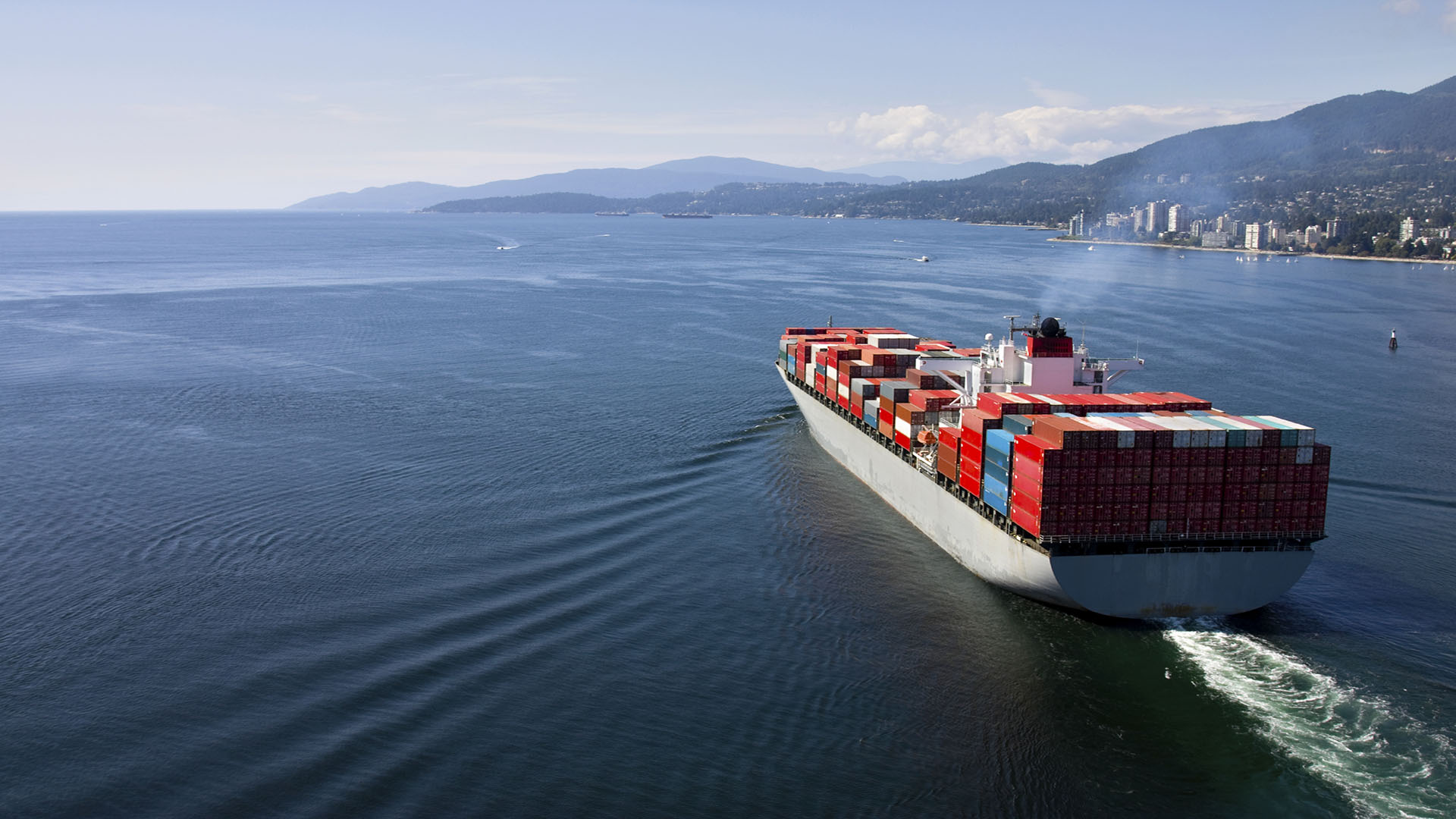
Drug smuggling on bulk carriers out of Brazil on the rise
Our correspondents in Brazil – Representacoes Proinde Ltda. – have provided us with the following information:
World drug problem
More information can be found in the circular:
Proinde Circular 04-05-2021: Drug smuggling on bulk carriers out of Brazil on the rise
The United Nations Office on Drugs and Crime (UNODC) estimates that global consumption of illicit drugs has increased by more than 30% in the past decade, with about 18 million regular cocaine users worldwide. The prevalence of cocaine use is high in North America (mainly in the United States), Western and Central Europe (Spain, the Netherlands, and the United Kingdom), and Oceania (especially in Australia). Notable rises in the use of the narcotic have been registered in Asia and Africa.
In response to the increased demand, there has been extensive growth in coca cultivation and cocaine manufacture in South America. Although potentially stabilised, cocaine productivity rates remain at the highest levels ever recorded due to the greater efficiency of refining laboratories and optimisation of manufacturing and distribution processes. Colombia remains the world’s largest cocaine manufacturer and supplier, followed by Bolivia and Peru.
Although it is not a significant producer of the stimulant drug, Brazil shares extensive unguarded land borders with the three producing countries and is the second-largest cocaine consumer, only second to the United States. While the producers themselves supply most of the North American and Asian markets, Brazil’s many ports in the Amazon and the East Coast and its extensive airport network play a significant role as a transhipment point to ship cocaine between the three Andean countries and established markets in Europe and, more and more, in Africa and Asia.
Brazil is only behind Colombia in quantities of seized cocaine, denoting the country’s importance as a key distributor for the global market. Information released by the Brazilian Federal Police, Customs authorities and media sources indicate a substantial increase in the number of occurrences and the amounts of cocaine interdicted in port facilities and aboard vessels. In some of the incidents, the drug was not discovered until the ship arrived at its destination.
The worldwide expansion in cocaine supply and demand is a hazard to public health and a challenge to law enforcement efforts. It is also a significant threat to international maritime trade, the safe operation of vessels, and the safety of seafarers, who may have to face criminal prosecution in foreign jurisdictions, some of which punish drug offences with the death penalty.
The Swedish Club publishes member alert as a service to members. While the information is believed correct, the Club cannot assume responsibility for completeness or accuracy.